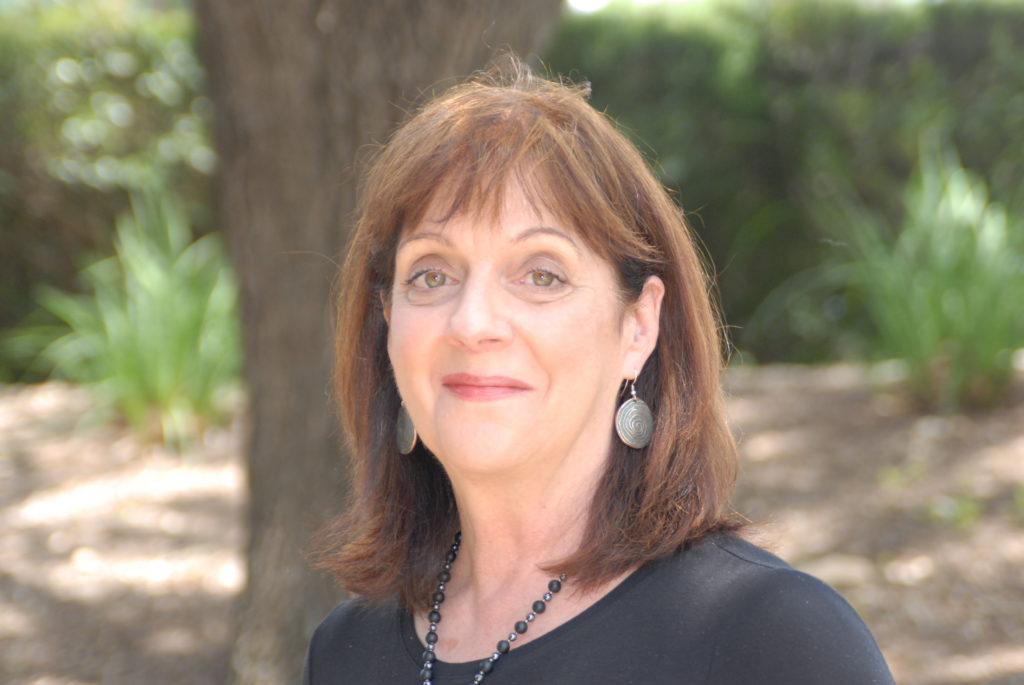Susan Raleigh Kaderka
“(A) lot of the marketing juice behind organic agriculture did have a food safety tone to it and so people would think, ‘Well, if I buy organic and it won’t have pesticides on it, that will be safer for me’, which was true. But the organic growers themselves, that movement was much much more interested in soil health and just the overall sustainability of growing organic. Organic growers are so concerned about soil and about the kind of microbial, you know, richness of soil. And so what they hated about pesticides was that it killed off all the micro life in soil. So it wasn’t so much what ended up on the foods as it was what it did to the land… The Extension Service, which was headquartered at Texas A&M University, I remember them having a meeting with Hightower where they just ripped into him. I mean, they were just furious with him because they thought that the very fact of organic, of there being a label for organic agriculture, essentially cast aspersions on conventional agriculture and it was suggesting that growing without pesticides was better for people and stuff. They were just outraged that the agriculture commissioner, who they considered their advocate at the state level and representing them, was doing this. Hightower, his attitude was ‘there’s a market for this, people want this, and so if there’s a market for it, and if Texas growers are producing it, then it’s fine to promote it’. So he did. He got a lot of pushback from it, but, we just kept going.”
Susan Raleigh Kaderka was recruited to run TDA’s Consumer Services Division. She had previously worked at the House Study Group, providing background research on proposed legislation for the Texas House of representatives. The issues of food safety and consumer safety were animating forces behind a lot of the work at TDA, Susan recalls. She was instrumental, along with Dan Kelly and others, in developing organic food certification standards for Texas. It was unusual in being a state certification program that was a marketing program. The Organic Labeling was run through TDA’s marketing department. It was not a regulatory program, but it did involve inspections, and it involved a lot of things that folks that were working for Susan were doing, such as egg inspections and weights and measures inspections. TDA staff were used to that model and so they based the Organic Labeling program on it. To respond to consumer interest in food safety, Susan helped organize the National Conference on Organic and Sustainable Agriculture Policies, which was held in Washington DC from 1989-1991. She collaborated with national organizations such as the Soil and Water Conservation Society, Center for Science in the Public Interest, Center for Resource Economics, National Family Farm Coalition, and the Food Marketing Institute to put on the conference.
